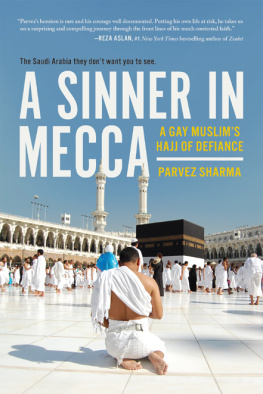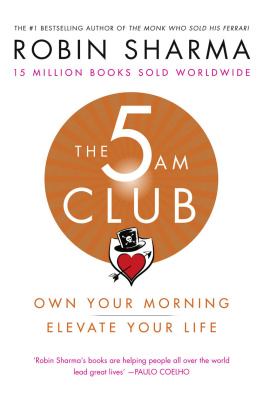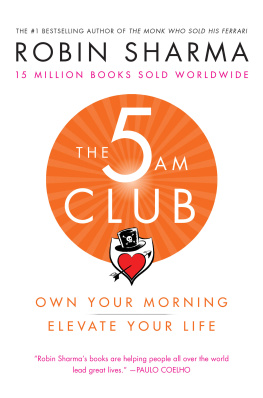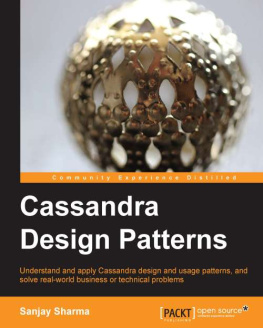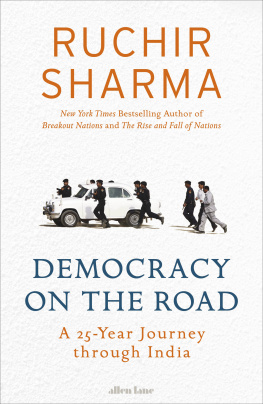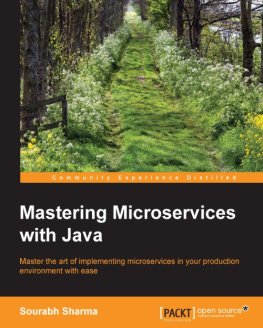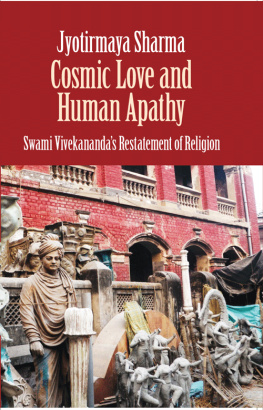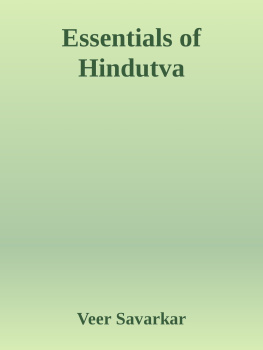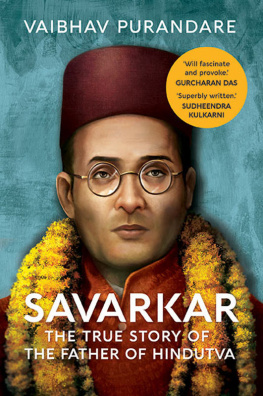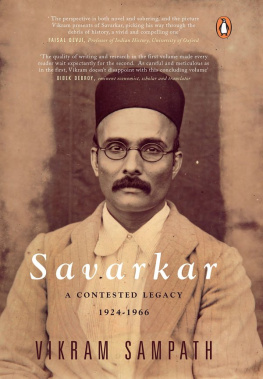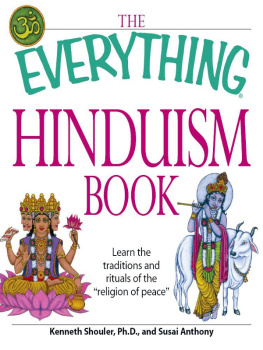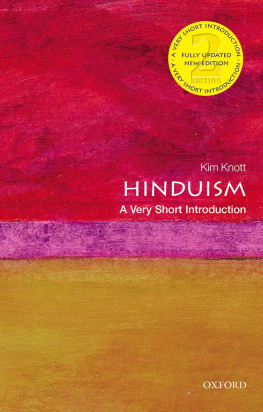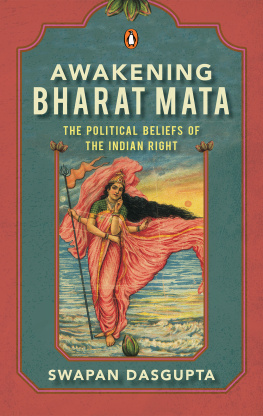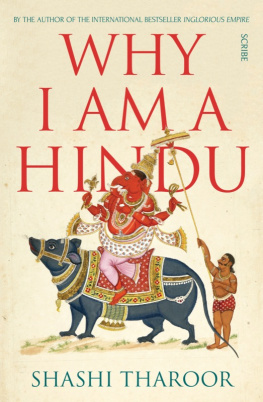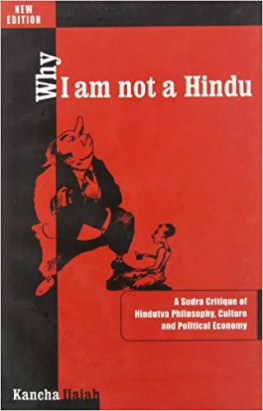Cover
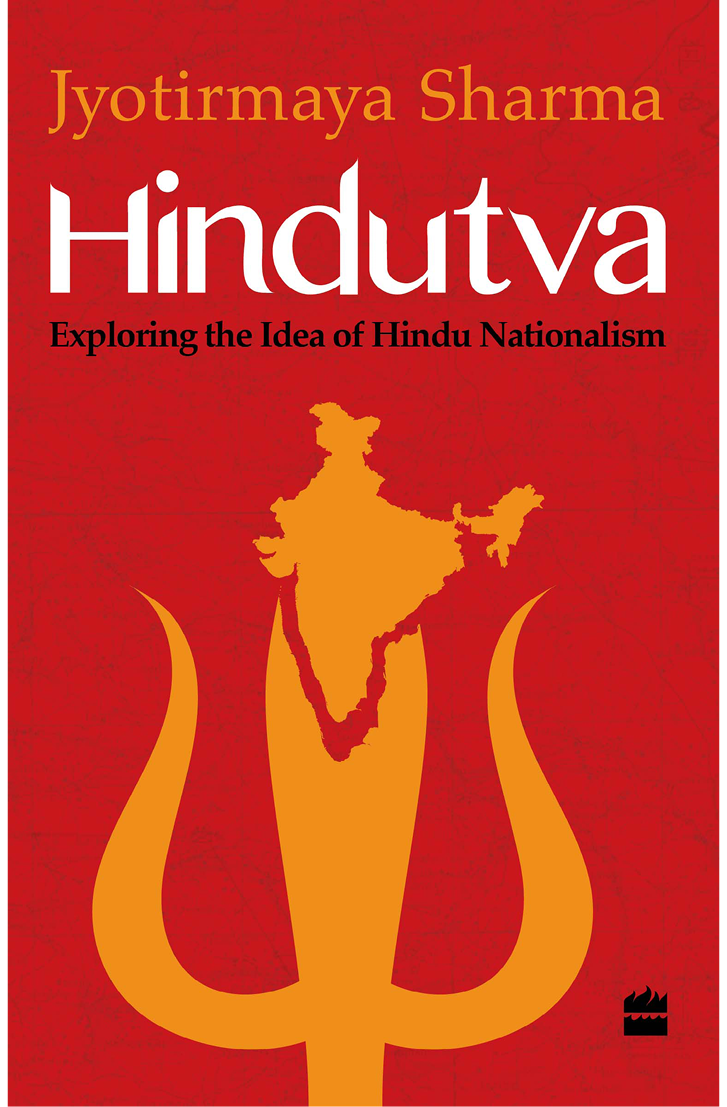
Title Page
HINDUTVA
EXPLORING THE IDEA OF HINDU NATIONALISM
JYOTIRMAYA SHARMA
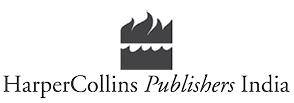
Dedication
For my teachers
M.V. Prasad, Ganesh Devy, Nol K. OSullivan, Gopal Krishna, Mrinal Miri
And
For SiddharthVaradarajan and Omair Ahmed, friends who showed real courage
Contents


W hen the reviews for this book in its previous life Reflecting on their criticisms, the only conclusion that could be drawn was that this writer had been undone, to an extent, by his own writing. Two clarifications follow this confession. Firstly, there is very little in the substantive chapters in the book that requires alteration or even a second look. The essays on Dayananda Saraswati, Swami Vivekananda, Sri Aurobindo and Vinayak Damodar Savarkar continue to serve well the overall intent and theme of the book. But, secondly, the introduction to the earlier volume lacked assertiveness and even a degree of clarity. Individual essays had chronicled the contradictions, paradoxes and ambiguities of the four thinkers chosen here sufficiently without providing a nail to hang them on to. The voice of the author, in this instance, was faint, often tentative; the onus on the reader to decipher and construct a cohesive argument from within the individual essays was far too great. This volume is an attempt to address this limitation by offering a new introduction and also an additional essay at the end of the volume.
A pattern seemed to emerge from reading the more informed and thoughtful reviews of the 2003 edition . These , in turn , could be delineated into two broad themes . The first was the exhortation to see the emergence and reassertion of Hindutva politics in the last two decades as a social movement that sought to address the long - suppressed anxieties of the Hindus . It called for a greater sensitivity to the historical context . References to the Babri Masjid - Ramajanmabhoomi movement , the felling of the Babri Mosque , the riots in the aftermath of the demolition of the mosque , and also to Godhra and the post - Godhra riots were made and their cumulative memory invoked and carefully marked . These historical events were seen as the inevitable unfolding of religious , right - wing politics , but also perceived as unravelling of the sinister logic of certain forms of nationalism . Implicit in these criticisms were a number of suggestions : that Hindu nationalism was a relatively modern phenomenon , and that it could be easily understood if one looked at the tension that a clash between tradition and modernity produces . Also , if only a clear distinction could be wrought between various shades of nationalism , Hindutva politics would automatically stand clarified . In other words , explanation was sought from within the book to explain recent history , and , if such an understanding was made available , Hindutva and its politics would be rendered more comprehensible . Inadvertently , perhaps , the book was also read as another addition to the debate on Indian secularism on the one hand , and an outpouring of liberal pieties on the other . Let us address this first set of concerns straightaway .
In a recent essay in the New York Review of Books , the philosopher Thomas Nagel , writing about the late historian Tony Judt s reading of American Jews and their preoccupation with the memory of the Holocaust , feels that this obsession with the Holocaust is a terrible mistake . Following Judt , Nagel argues that while the Holocaust provides them reference , liturgy , example , moral instruction and historical proximity , their relentless engagement with it is based on an error . They have , he argues , confused a means of remembering with a reason to do so . Are we really Jews , he asks , for no better reason than Hitler sought to exterminate our grandparents ? Taking cue from Nagel and Judt , I would suggest that contemporary debates around Hindutva are only a means of interrogating the historical and conceptual unfolding of Hindu identity and the genealogy of Hindu nationalism . This is especially so because in the Indian context , two major predictions made by social scientists stand severely tested . The first was the proposition that as modernization and industrialization advance , the hold of religion over the lives of men and women would decline . The universal claims of the secularization thesis today are being vigorously questioned or altered to explain the continued salience of religion in many parts of the world , nowhere more so than in India and Asia . The second was the belief , shared by Marxists and liberals alike , that the hold of nationalism would decline with the erosion of ethnic and cultural differences ; increase in industrialization , where mobility , communication , and the steady decline in the hold local communities and associations have over people would dismantle national loyalties . Once again , despite industrialization and mobility of people across the world , nationalism and its durability straddles countries and continents , much more so in India .
One of the clearest manifestations of a spurt in religiosity and the reassertion of national sentiment is to be found in the resurgence of Hindu nationalism in India . Its growing strength in the past two decades has led to violence between Hindus and Muslims , between Hindus and Christians , and its votaries have periodically questioned India s democratic , republican , rational and secular foundations . The rise of religious nationalism of this kind also brings into sharp focus the larger question of the ability of liberalism and democracy to withstand the onslaught of an emotive call to culture and traditional values . Sometimes powerful images of violence , including riots , growing instances of intolerance , questioning and emasculating the liberal space and regression into an imagined glorious past are seen as all that Hindutva represents . This is far from true . This is merely a fraction of the ideological and political ambition of Hindutva ; a regular and organised unfolding of everyday Hindutva . But there is more to Hindutva than just episodic outbursts of rhetoric and action .
Hindu nationalists have argued that definitions of nationalism and identity in India are inextricably linked with the recognition of Hinduism as the defining and deciding factor . They argue that the nation is nothing but the physical and emotional outcome of Hindu aspirations . The question of identity for them , therefore , is an issue that is naturally settled in favour of a clearly delineated Hindu identity , while Muslims and Christians are outsiders and could be part of India only after they accept the national culture . Despite these claims , the question of Hindu identity remains unresolved , equally among Hindu nationalists as well as scholars seeking to find answers to this vexed question . In recent years , scholars like David N . Lorenzen have asked the question , who invented Hinduism ? and have given answers that echo the methodology , if not the politics of the Hindu nationalists , namely , that Hinduism was invented as a consequence of the encounter between Islam and the Hindus . Identity is , then , reducible to a staged encounter between the Self and its threatening Other .
Efforts to clarify issues relating to Hindu identity have been limited to either extending the insights of Edward Said in his monument work, Orientalism , or one that is in the form of Wendy Donigers magisterial The Hindus: An Alternative History , a work that provokes and intervenes, almost surreptitiously, in the current debates on Hindu nationalist assertion. To others, the imagined communities argument seems compelling, but leaves an important question unanswered: why is it that the fabrication of imagined communities , triggered by modern nationalism, leads to the quest for a rational and scientific past, rejecting the claims of myths and the expressive force of narrative sources? Even those who are seeking to create an imaginary past, then, remain beholden to the lure of what constitutes a fact, looking to authenticate that imaginary past in epigraphic, numismatic and archaeological data. While these forms of evidence are invaluable, the question of identity can hardly be resolved through purely scientific history. The way forward, however, requires a new approach and a different treatment to the question of Hindu identity.
Next page

